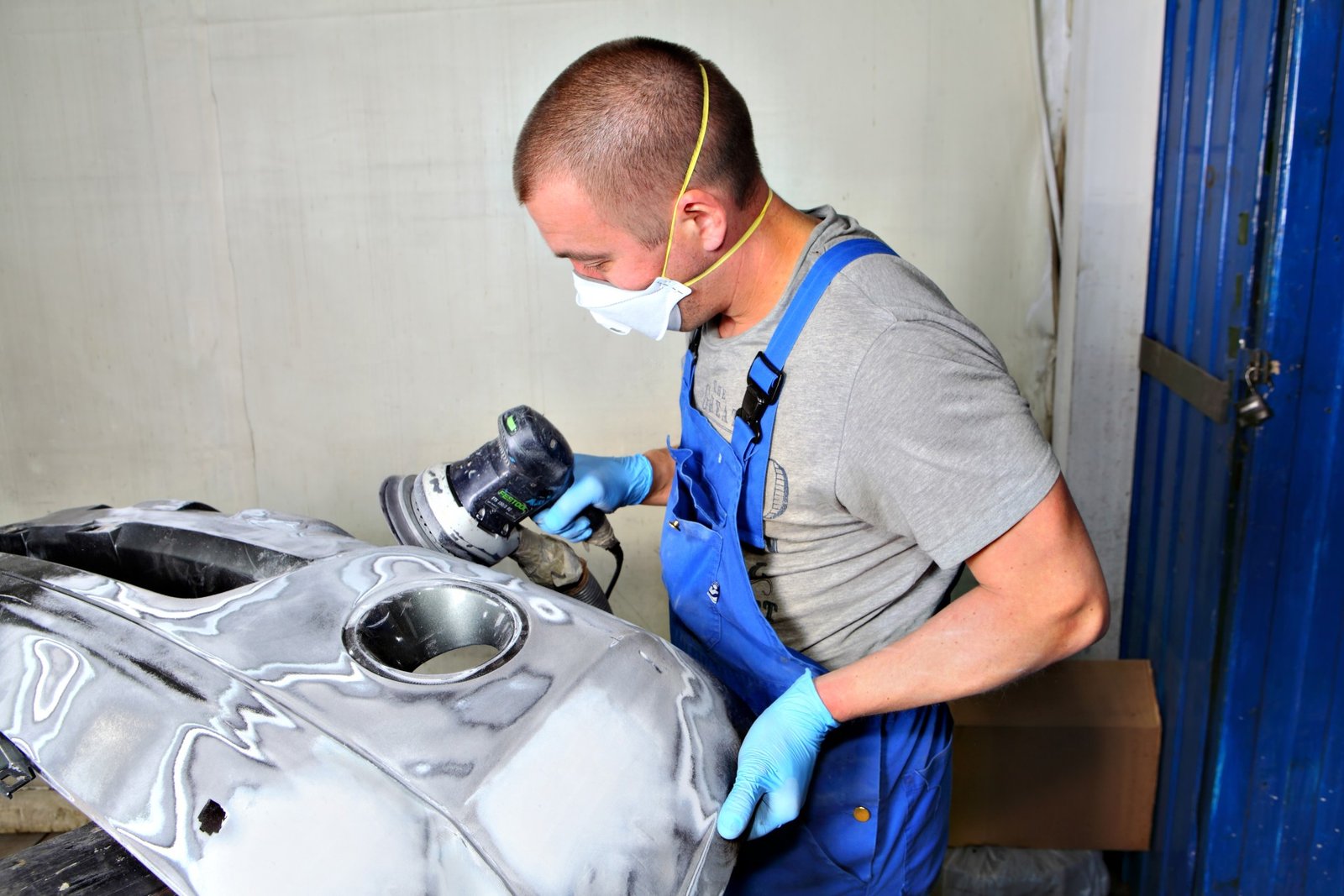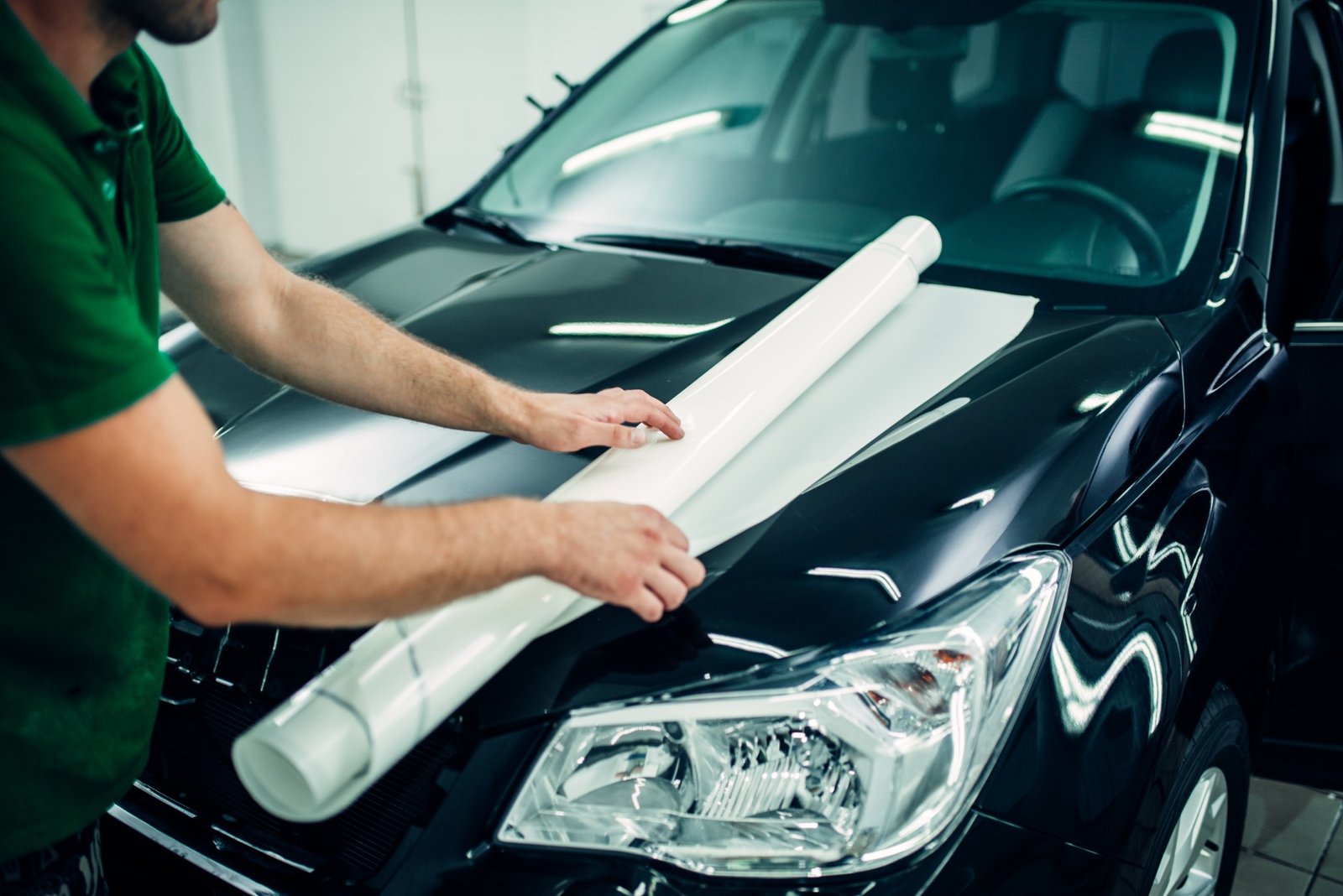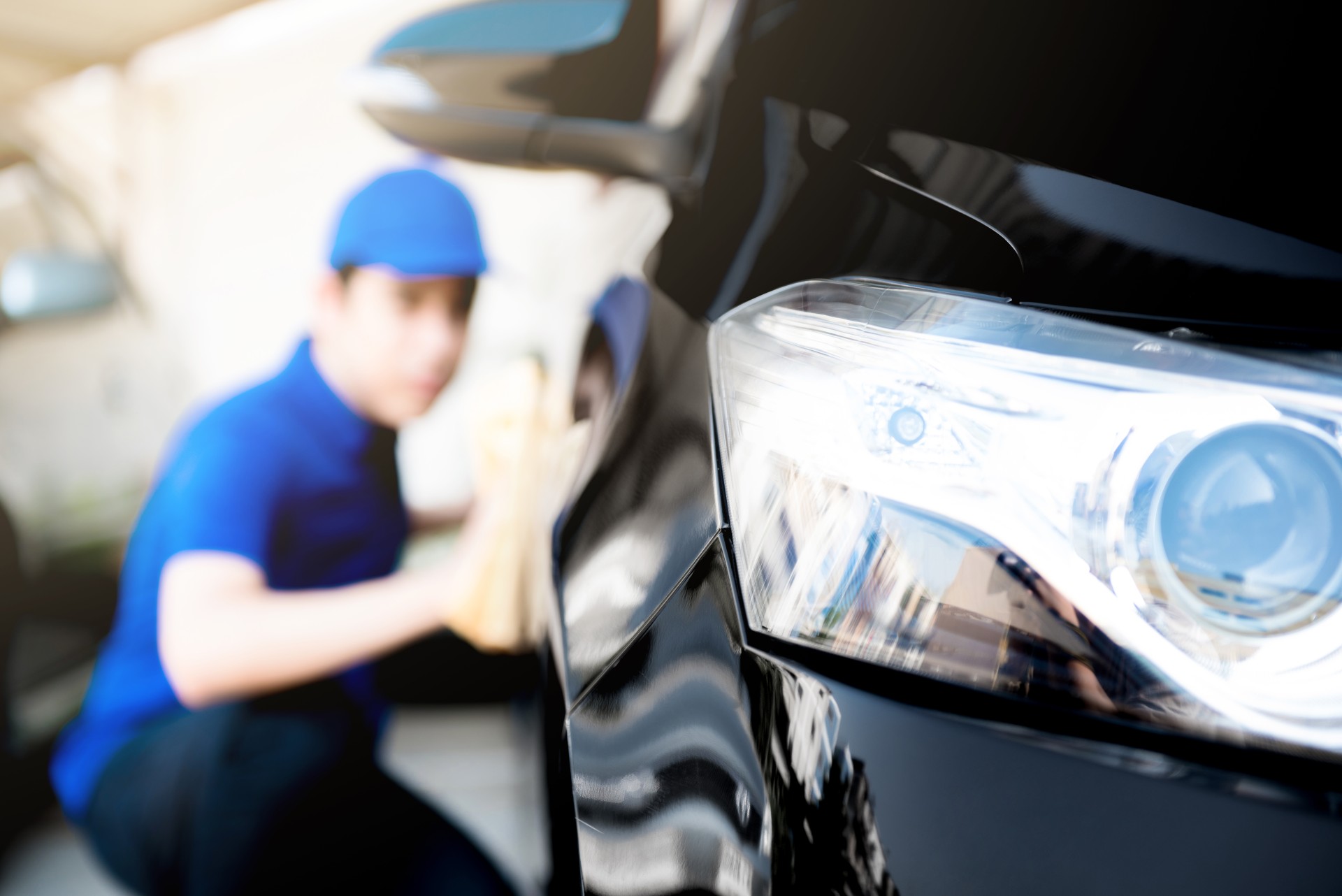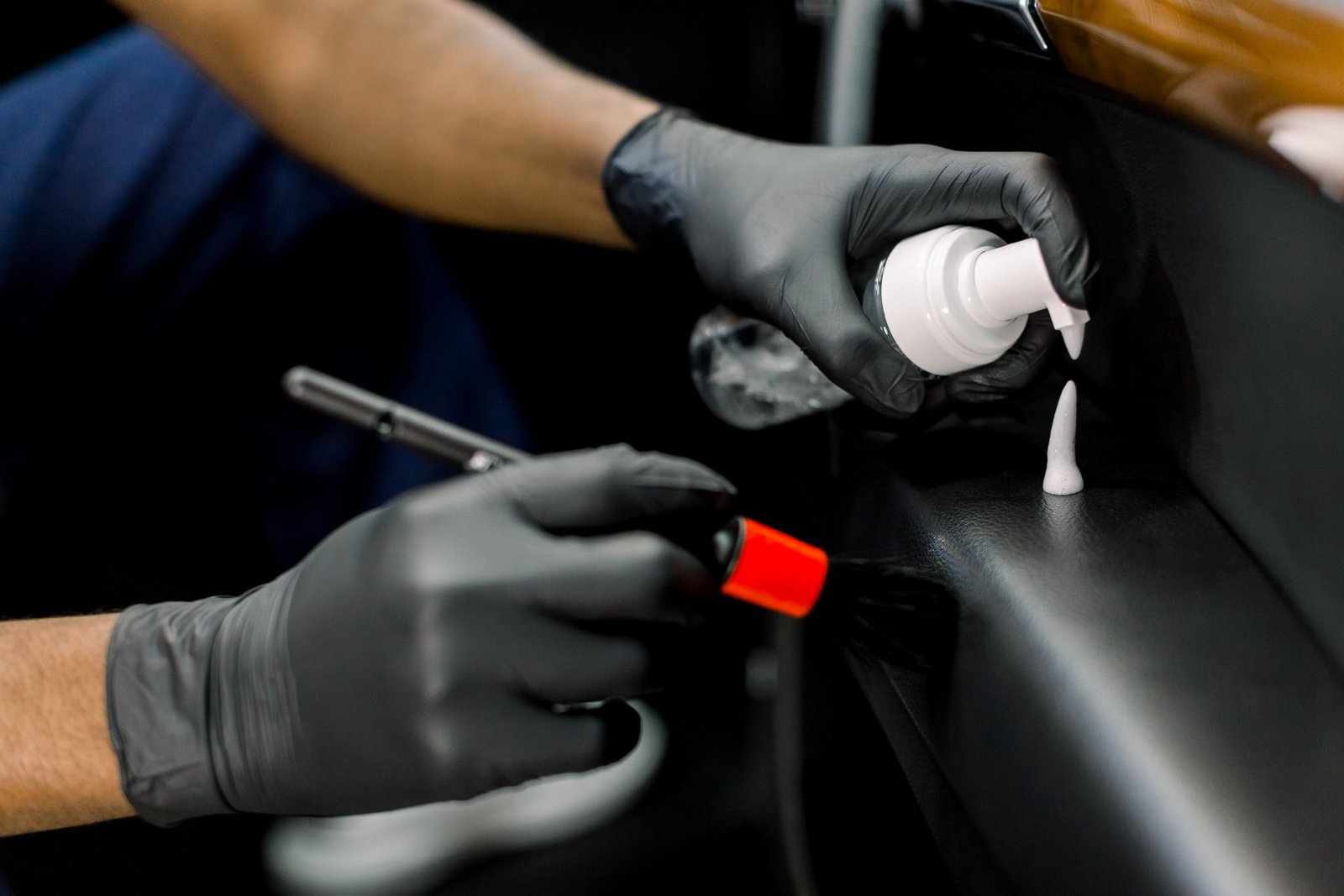Understanding Different Types of Auto Glass
Laminated Glass: Commonly used for windshields, laminated glass is made by bonding two layers of glass with a plastic layer in between. It's designed to prevent shattering on impact.
Tempered Glass:This type is used for side and rear windows. It’s treated to withstand impacts and, if broken, crumbles into small granular chunks instead of sharp shards.
Tinted and Coated Glass: These are designed to reduce glare and protect against UV rays. Tinted glass can also provide an aesthetic appeal and privacy.







